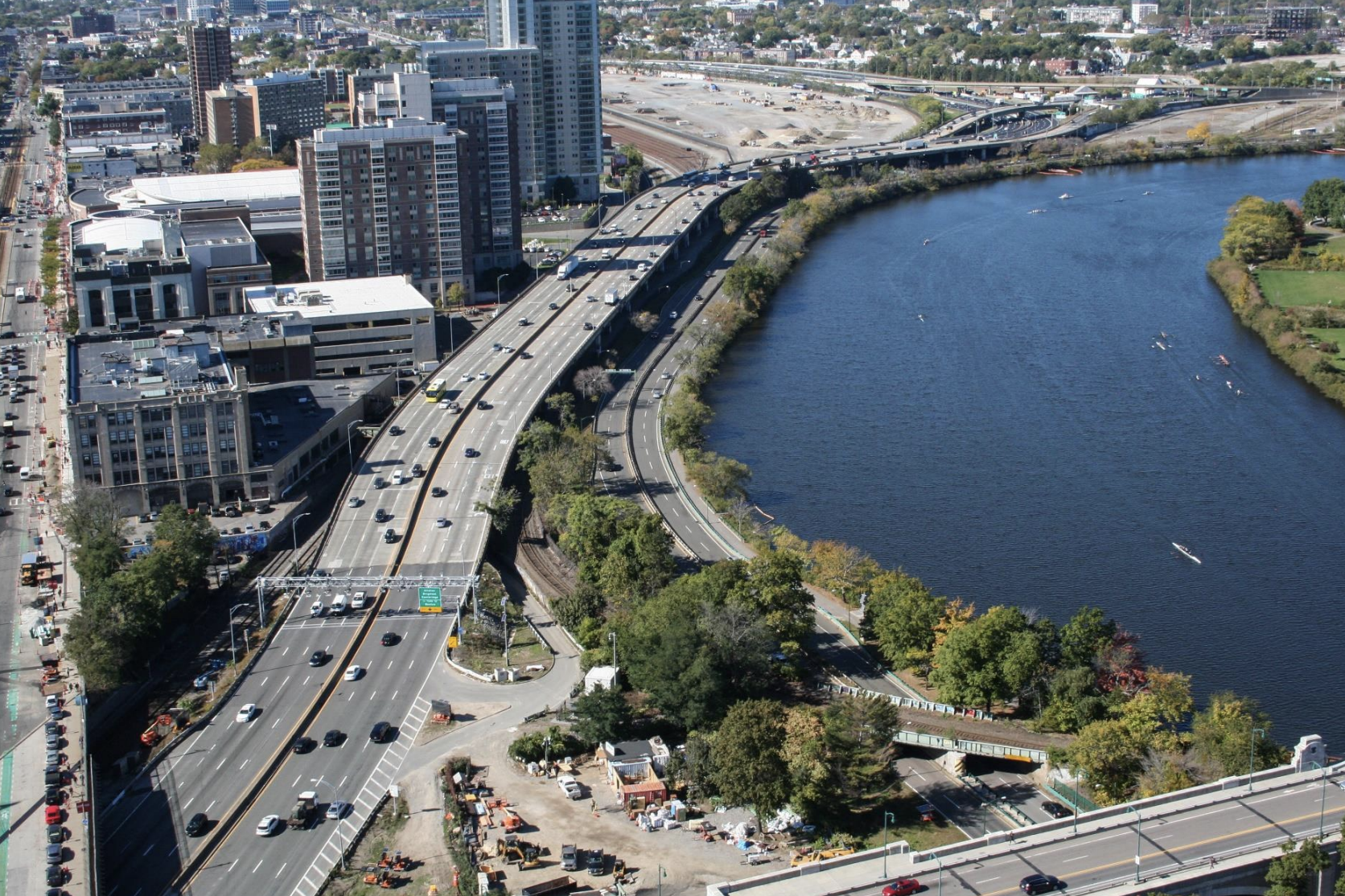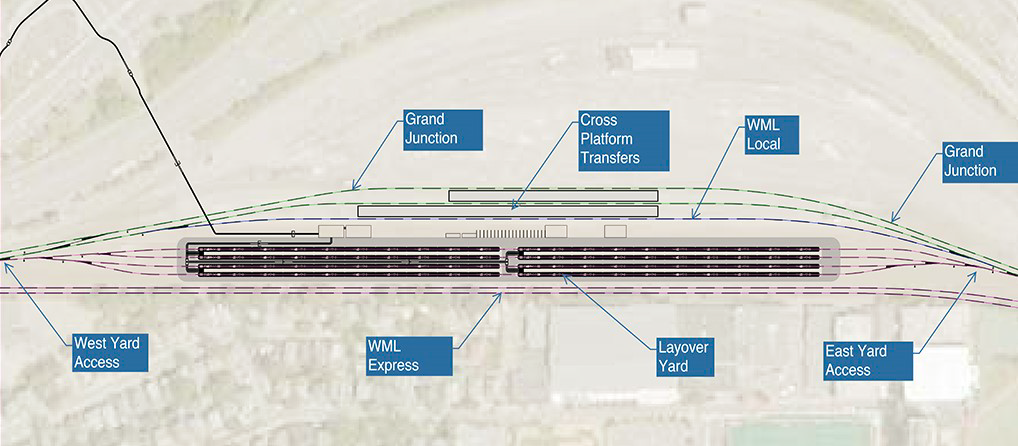millerm277
Active Member
- Joined
- Jun 25, 2013
- Messages
- 520
- Reaction score
- 607
I will point out that this project budget does include (to my knowledge) building out the (possibly overbuilt) streets + infrastructure for a pretty substantial new chunk of city. I don't think that justifies the current cost, but it is more than just the highway, too.Agree with much of what you said. This seems like a continuous waste of energy and money. This point I excerpted, however, is a big one - MassDOT needs to operate as a DOT, not a highway agency. This is a major transportation node, and there's no need to spend hundreds of millions to billions to build our highways to capacities we seemingly can't physically support, fund, design, or construct while every other mode of transport here gets sidelined.
----------
I'd be rather interested to hear how much cheaper and simpler a "maximum disruption" budget along the lines of what the T has gone through recently for repairing the subways would be. As in a "yes, the Worcester Line, I-90, and Storrow will be closed for a month and after that the different services will be closed/very limited at different times for weeks/months on end during the construction period"
In concept - to me it shouldn't cost this much to build a couple miles of at-grade highway through a space that's relatively unconstrained by anything other than the infrastructure you're trying to replace, and so I am starting to wonder just how much of the costs here are being driven by the phasing/demands to the fewest construction impacts.
Which is to say - I wonder how much the "keep 12 lanes open throughout construction" demands are the cost driver rather than the "build 12 lanes" that seems to be the thing certain groups are perpetually focused on.




